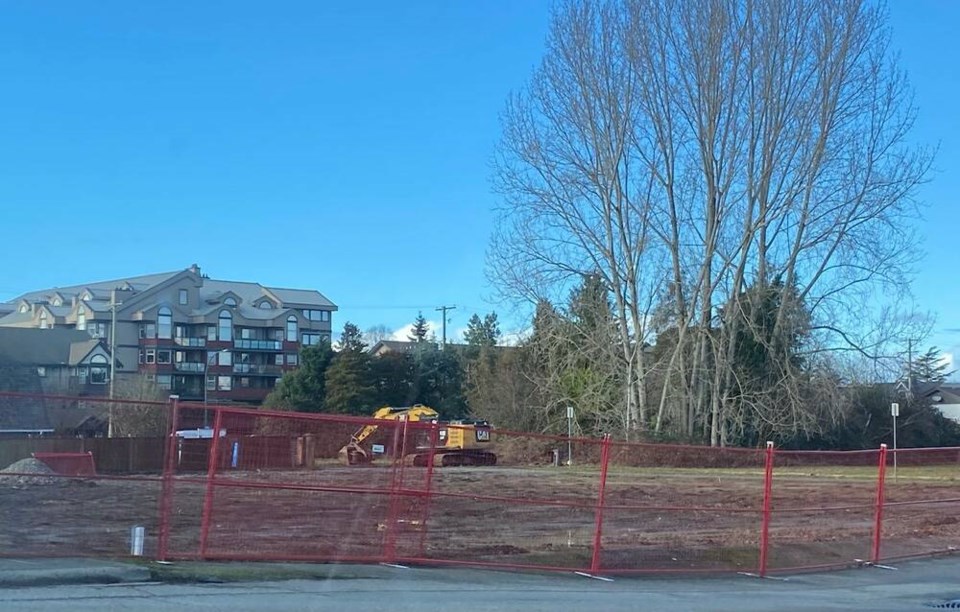Delta council will no longer even have the option of holding a public hearing for development applications that comply with Official Community Plans (OCP).
While council for the past year has already been exercising its option not to hold hearings for applications that comply with the OCP, the city will be prohibited from having them under new legislation.
A recent staff report to Metro Vancouver’s Mayor’s Committee outlined a number of areas of concern, or that need further clarification, when it comes to potential implications of the housing legislation introduced by the provincial government, Bills 44, 46, and 47.
The province aims to stimulate the infill and intensification of housing in single-detached neighbourhoods and transit-oriented areas.
The three bills will result in significant and historic changes to the planning framework for B.C., while the implementation will impact OCP policies and zoning bylaw regulations, corresponding planning approval processes, as well as development cost charge bylaws and community amenity contribution and density bonusing programs, the report explains.
Noting the changes will involve the provincial government more significantly in planning matters that have traditionally been the jurisdiction of local governments, the report adds the province will require that housing needs assessments be updated using a standard method, to be set out in the forthcoming regulations, for a more consistent, evidence-based understanding of local housing needs across the province.
By Jan. 1, 2025, all local governments will need to complete an interim housing needs report and must now estimate housing needs for 20 years, rather than five years as previously required.
The needs identified in the reports will become the basis for reviewing and updating each municipality’s OCP and zoning bylaws by Dec. 31, 2025, and municipalities will need to update OCPs every five years to reflect the most recent housing needs reports.
Municipalities must align their zoning bylaws with the OCP and housing needs reports by pre-zoning for the 20-year total amount of housing units identified to meet housing needs, while the legislation also prohibits public hearings for proposed zoning bylaws for residential developments that are consistent with OCPs.
Meanwhile, municipalities are also required to have updated OCPs, by June 30, 2024, to permit small-scale, multi-unit housing on all lots currently zoned for detached single-family or duplex use.
The province has indicated that three units will be permitted on lots smaller than 280 square metres, four units will be permitted on larger lots, and six units will be permitted on lots within a prescribed distance from frequent transit.
The Metro report also notes that the province appears to be open to continue working with local governments to make refinements and adjustments to regulations, timelines and policy manuals to ensure legislation can effectively be implemented at the local and regional government levels.
In November 2021, Delta council approved a Housing Action Plan that set eight strategies, each with short to long-term actions over five years, to address needs identified through Delta’s Housing Needs Assessment, which was completed the year prior.




